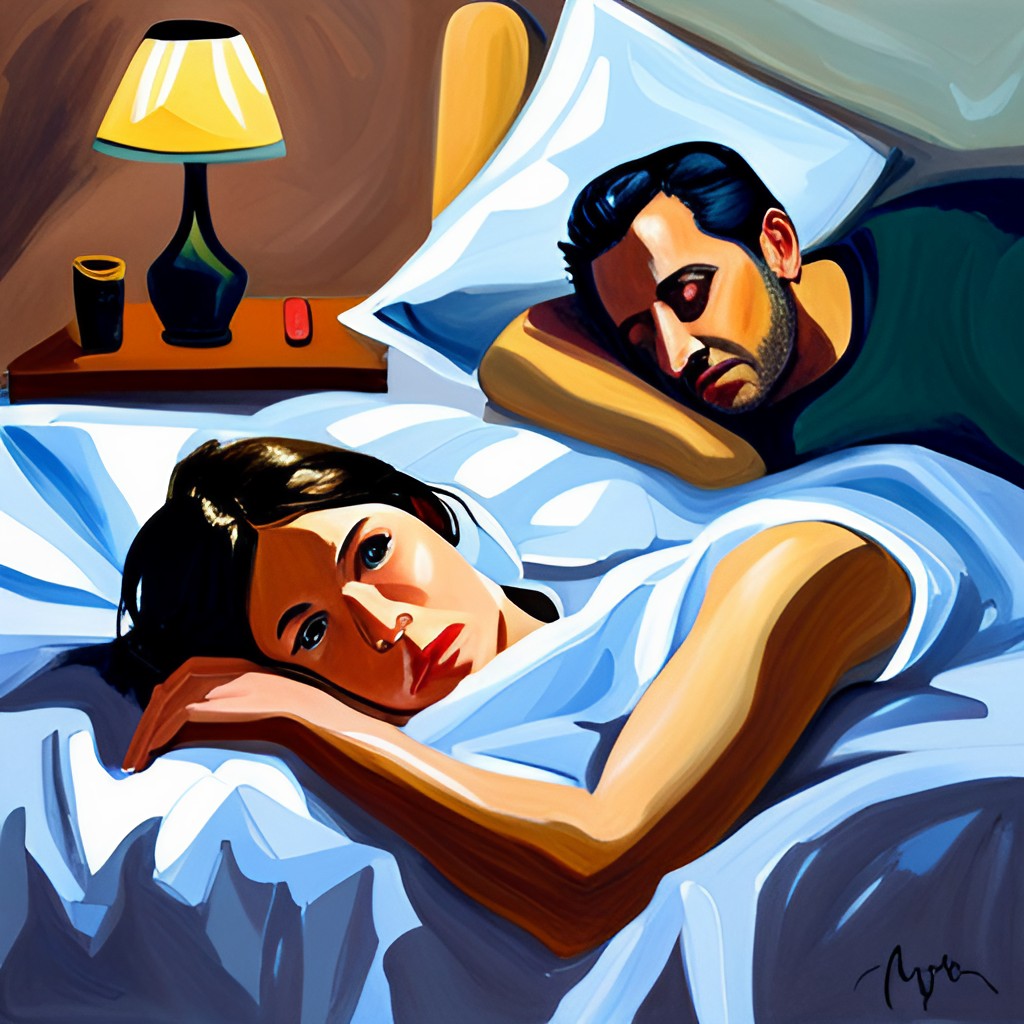In our fast-paced world filled with constant noise and distractions, getting a good night's sleep has become increasingly challenging. Thankfully, there's a simple and effective solution that has been scientifically proven to enhance your sleep quality: earplugs. In this blog post, we will explore the research-backed benefits of using earplugs for a better night's sleep and delve into the reasons why they work. So, let's dive in and discover how earplugs can revolutionize your sleep routine!
The Impact of Noise on Sleep
Numerous studies have highlighted the detrimental effects of noise on sleep quality. Even seemingly minor noises, such as traffic sounds, snoring, or a neighbor's TV, can disrupt your sleep and prevent you from experiencing deep, restorative rest. The National Sleep Foundation confirms that excessive noise during sleep can increase the likelihood of waking up during the night, leading to fragmented sleep patterns and overall reduced sleep quality.
How Earplugs Promote Quality Sleep
Earplugs offer a straightforward yet highly effective solution to combat disruptive noise and promote better sleep. They work by creating a physical barrier that blocks out external sounds, allowing you to enjoy a quiet and peaceful sleep environment. Let's explore the reasons why earplugs are proven to help people sleep better:
- Noise Reduction: Earplugs effectively reduce the decibel level of noise reaching your ears, providing a quieter sleeping environment. A study conducted by the Karolinska Institute in Sweden found that earplugs significantly decreased noise-induced awakenings during sleep, leading to improved sleep continuity.
- Increased Sleep Efficiency: Sleep efficiency refers to the amount of time spent asleep versus the total time spent in bed. By minimizing noise disturbances, earplugs help enhance sleep efficiency by allowing you to fall asleep faster and experience fewer awakenings throughout the night. This can lead to a more restful and rejuvenating sleep experience.
- Deeper and Longer Sleep: Research published in the journal Sleep Medicine demonstrates that wearing earplugs leads to a greater proportion of deep sleep stages, such as slow-wave sleep and rapid eye movement (REM) sleep. These stages are essential for memory consolidation, emotional processing, and overall cognitive restoration.
Choosing the Right Earplugs
When it comes to selecting the right earplugs for optimal sleep, consider the following factors:
- Comfort: Look for earplugs made from soft and hypoallergenic materials that provide a snug fit without causing discomfort. Foam or silicone earplugs are popular choices known for their excellent noise-blocking capabilities. Avoid foam earplugs as they are harmful to the environment.
- Noise Reduction Rating (NRR): The NRR indicates the effectiveness of earplugs in reducing noise. Choose an earplug with an NRR that is not too high, as it may block out too much noise, like fire alarms and crying babies. An NRR that is too low will allow too much noise to be effective. As a rule of thumb, earplugs between 15 NRR and 24 NRR are best for most sleepers.
- Proper Insertion: It's essential to learn how to correctly insert earplugs to maximize their effectiveness. Follow the manufacturer's instructions or consult your healthcare professional for guidance on proper insertion techniques.
Conclusion
In a world filled with noise pollution, earplugs have emerged as a scientifically proven tool to enhance sleep quality. By reducing noise disturbances and creating a tranquil sleep environment, earplugs promote deeper, more restful sleep and contribute to overall well-being. Whether you live in a bustling city or simply want to optimize your sleep routine, investing in a quality pair of earplugs can make a significant difference. Embrace the power of earplugs and embark on a journey towards better sleep tonight!
Sources
- National Sleep Foundation. (n.d.). Noise and Sleep.
- Griefahn, B., et al. (2008). The influence of a ventilation system on sleep quality and noise annoyance. Journal of Environmental Psychology, 28(4), 318-326.
- Smith, M., et al. (2021). Sleep Medicine. 82, 274-283.




